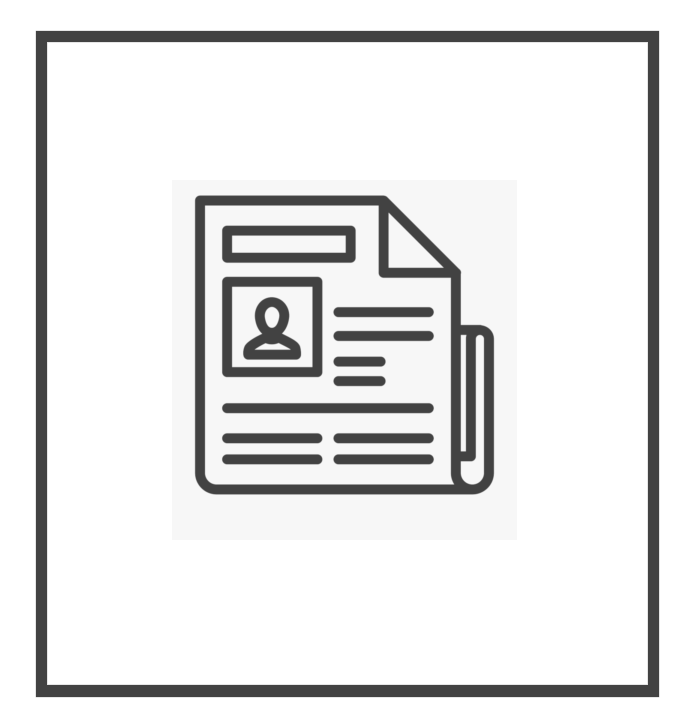Citi, ING, SocGen to Develop Finance Framework to Decarbonize Aluminum Sector

Global banks Citi, ING and Societe Generale announced today a new partnership with RMI’s Center for Climate-Aligned Finance, aimed at helping to decarbonize the aluminum sector through the formation of a new Aluminum Climate-Aligned Finance Working Group.
The aluminum sector accounts for around 2% of greenhouse gas emissions, with production requiring an enormous amount of electricity and generating over 6x the CO2 emissions of steel on a per-tonne basis, according to RMI.
The working group will create a collective climate-aligned finance (CAF) framework that defines how lenders can help the decarbonization of the sector, and measure progress toward the goal. The framework will aim to create consistency and transparency in both reporting and measuring progress against climate targets. Institutions that adopt the final CAF framework will be able assess the emissions of their aluminum loan books, work with clients to report their emissions, and fund lower-carbon solutions and support investments in new technologies.
Arnout van Heukelem, Global Head of Metals, Mining & Fertilizers, ING Bank, said:
“The path of decarbonization poses significant challenges ahead for the aluminum sector, which will require combining exciting new technologies with existing processes. Through our participation in this working group, we want to determine what the energy transition means for the sector and our customers.”
RMI founded the Center for Climate-Aligned Finance in July 2020, aiming to enable financial institutions, corporations, and experts overcome practical obstacles to climate alignment. The Center works across industries to shape sectoral climate alignment initiatives for high-emitting industries and contributes to the development of global solutions, practices, and frameworks, aligning financial decision-making with the decarbonization of the real economy. The new aluminum initiative follows the launch working groups aimed at helping to decarbonize the steel sector and the aviation sector, and RMI’s work in developing the Poseidon Principles for the shipping sector.
William Husband, Global Head of Metals and Mining, Corporate Banking at Citi, said:
“In order to achieve net-zero emissions by 2050, it is essential to keep up our collective efforts to address climate risks and identify common goals and measurement for hard-to-abate sectors. Building on our efforts with RMI to create frameworks for the steel and aviation sectors, Citi looks forward to assisting RMI with creating tools for decarbonizing the aluminum sector and supporting our clients as they seek to meet their climate targets.”
The new working group, comprised of senior metals and mining leaders from each participating financial institution, will develop measurement methodology, emissions benchmark, data and reporting and governanceGovernance deals with a company’s leadership, executive pay, audits, internal controls, and shareholder rights. More structure for the framework, and will invite other financial institutions to adopt the framework in 2023, helping to set global best practices on climate for aluminum finance.
By signing up to the framework, financial institutions will commit to assessing and disclosing the degree to which their aluminum portfolios-associated emissions align with the 1.5 C climate targets, and to do so in accordance with the guidelines by the Net-Zero Banking Alliance.
Lenaig Trenaux, Global Head of Metals, Mining and Industries at Societe Generale, said:
“Our ambition is to assist in developing a framework to measure and disclose emissions related to financings in aluminum, and support decarbonization goals of stakeholders involved in this sector. We are proud to be part of the driving force to shape the future of a decarbonized aluminum industry.”
The post Citi, ING, SocGen to Develop Finance Framework to Decarbonize Aluminum Sector appeared first on ESG Today.